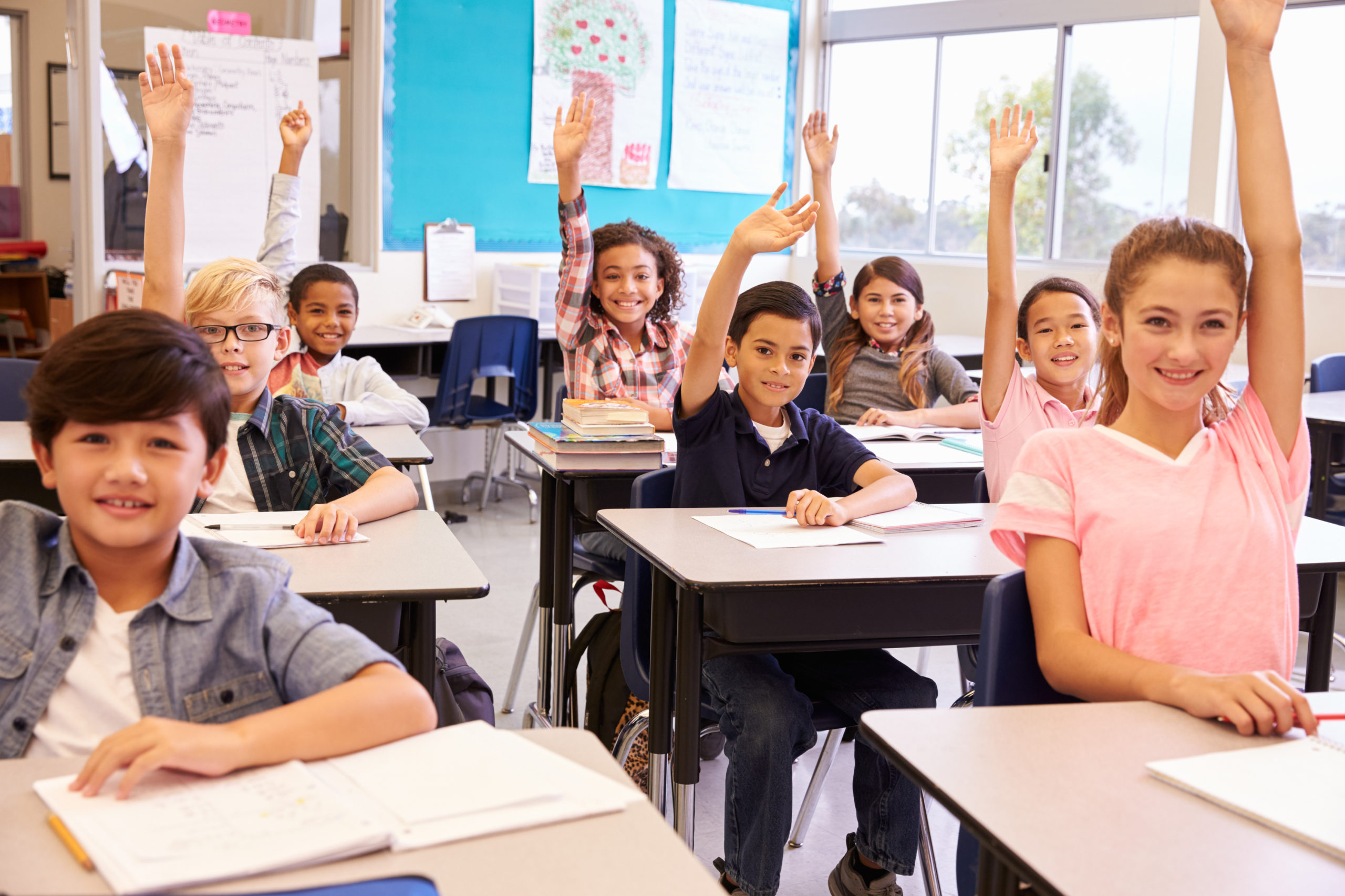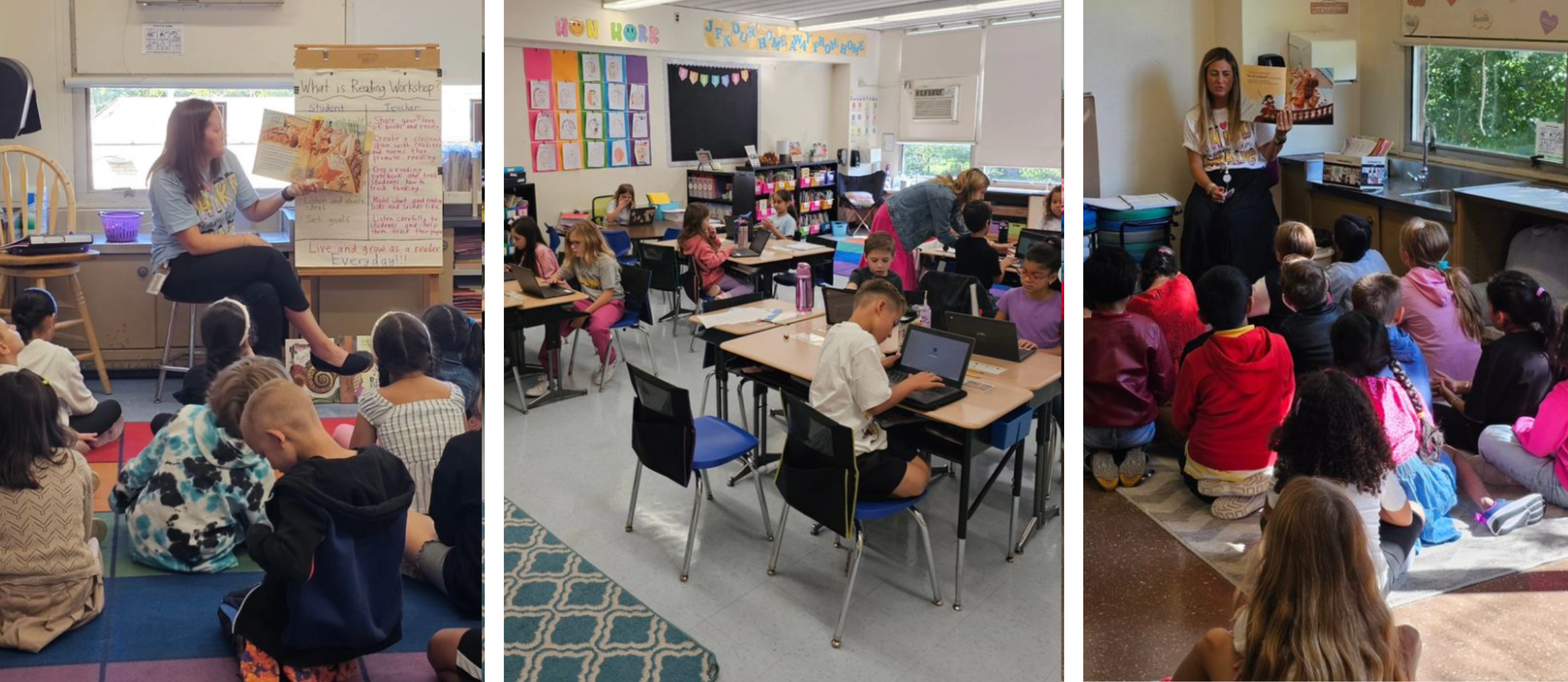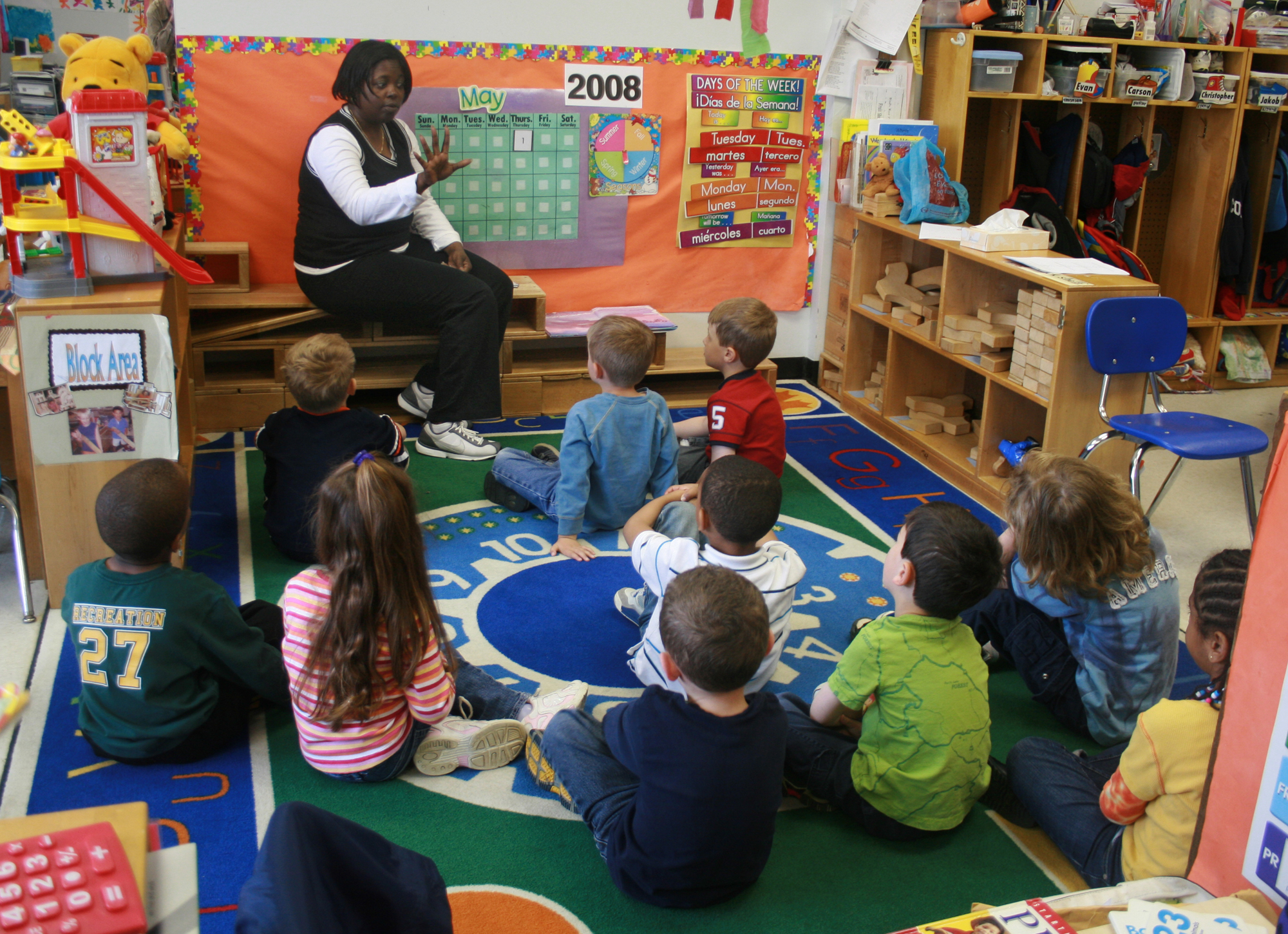Ingenious Solutions to Save Temecula Schools from Budget Plan Cuts
Ingenious Solutions to Save Temecula Schools from Budget Plan Cuts
Blog Article
The Impact of Institution Environments on Academic Success and Personal Wellness
The school environment considerably influences both scholastic success and individual health, encompassing aspects such as physical format, classroom environment, and social dynamics. The style of educational areas, consisting of natural lights and ergonomic furniture, can enhance pupils' focus and convenience. The quality of teacher-student relationships and the nature of peer interactions play essential roles in cultivating an atmosphere favorable to finding out and psychological assistance. Understanding how these numerous elements interaction to shape trainee results increases crucial concerns concerning enhancing instructional setups for holistic growth. Exactly how can institutions tactically enhance these elements to much better support their pupils?
Physical Layout and Style
How does the physical format and layout of a college impact scholastic success? The setup and visual of an institution environment can substantially affect students' understanding outcomes. A well-designed school design promotes simplicity of movement, lowers distractions, and promotes a feeling of security and belonging. Broad passages and plainly significant areas assist in smooth shifts between classes, lessening lateness and interruption. Additionally, strategically placed typical areas urge social communications, which are vital for emotional and social growth.
Natural lighting and efficient air flow systems are crucial in improving cognitive feature and reducing absenteeism. Studies have actually revealed that classrooms with adequate natural light improve trainee focus and minimize sensations of drowsiness. In addition, ergonomic furniture tailored to students' demands can protect against physical pain, enabling extended emphasis and involvement in academic tasks.
Access to exterior rooms and visually pleasing surroundings likewise play a vital function - Save Temecula Schools. Green areas and well-maintained school premises give possibilities for workout and psychological relaxation, both of which are essential for keeping high degrees of scholastic efficiency. Basically, an attentively made physical atmosphere can work as a driver for academic quality, cultivating an atmosphere that supports both mentor and understanding
Classroom Environment
A favorable class environment is essential to achieving academic success. A setting that cultivates a sense of security, inclusivity, and mutual respect urges trainees to involve even more proactively in their learning procedures. The setting of a classroom, consisting of facets such as lighting, noise degrees, and seating plans, can considerably affect pupil focus and inspiration. A well-ventilated, well-lit classroom with very little distractions can improve cognitive function and decrease stress and anxiety, consequently promoting much better academic outcomes.
Moreover, the class ambience need to support a culture of partnership and open interaction. When pupils really feel comfortable expressing their ideas and asking concerns, they are most likely to engage deeply with the material and develop important assuming skills - Save Temecula Schools. Peer communications and team tasks can improve knowing by giving diverse viewpoints and fostering team effort
Moreover, developing constant routines and clear assumptions can develop an organized atmosphere that enables students to concentrate on their research studies. By decreasing unpredictability and offering a foreseeable structure, trainees can much better handle their time and responsibilities. Inevitably, a positive class ambience not just boosts academic efficiency yet additionally contributes to the general well-being of trainees, preparing them for future academic and personal endeavors.
Teacher-Student Relationships
Building on the relevance of a favorable classroom ambience, the connections between educators and students play an essential duty fit scholastic success. A healthy and balanced teacher-student connection fosters a learning environment where pupils really feel valued, understood, and sustained, which dramatically enhances their motivation and interaction. When pupils perceive their instructors as approachable and understanding, they are extra likely to take part actively in class and seek help when needed, adding to a much deeper understanding of the topic.

Reliable interaction is crucial to supporting these relationships. Teachers who use open, considerate, and constant interaction develop a structure of count on. This trust allows students to reveal their ideas and worries freely, fostering a joint discovering atmosphere. In significance, solid teacher-student connections are a foundation of instructional success, playing a critical function in both scholastic accomplishment and personal advancement.
Peer Interactions
Peer interactions significantly influence scholastic success by forming a student's cognitive and social development. Within the school atmosphere, peer connections work as a foundational element for learning and individual development. Favorable peer interactions can enhance a student's inspiration and involvement in academic activities via joint learning and mutual support. When pupils function with each other in group settings, they exchange ideas, resolve issues collectively, and create crucial thinking skills. Such interactions promote a sense of belonging and community, which is necessary for psychological wellness and scholastic determination.

Efficient peer communications likewise add to the development of necessary life abilities, such as dispute, collaboration, and interaction resolution. These social expertises are crucial for both academic success and personal well-being, emphasizing the significance of fostering positive peer characteristics within the school atmosphere.
After-school Activities
Involving in after-school activities plays a pivotal role in a student's scholastic success and individual development. These activities, ranging from sports groups to debate clubs, provide pupils chances to develop valuable abilities such as leadership, time administration, and teamwork. Research consistently shows that students who take part in extracurricular tasks often tend to achieve greater scholastic performance. This relationship is often connected to the organized atmosphere and the discipline called for to stabilize both extracurricular and academic dedications.
In addition, extracurricular participation promotes a feeling of belonging wikipedia reference and neighborhood, which is essential for individual well-being. Taking part in group activities permits pop over to this site pupils to construct and enhance social media networks, improving their emotional and social knowledge. These communications are vital for establishing social skills that are advantageous in both future and academic expert atmospheres.
In addition, after-school activities provide a useful outlet for students to discover their interests and enthusiasms past the basic educational program. This expedition can bring about the discovery of new abilities and possible job paths, even more motivating students to engage more deeply in their scholastic job. To conclude, the function of after-school activities expands past plain recreation; they are integral to cultivating a holistic educational experience that promotes both academic success and personal development.
Conclusion
Attentively developed physical designs and classrooms, along with positive teacher-student connections and positive peer interactions, substantially boost pupil inspiration and involvement. These aspects jointly emphasize the relevance of producing and maintaining ideal college environments for the benefit of pupils' individual and scholastic growth.
Ultimately, a favorable class ambience not just boosts academic performance but also contributes to the overall health of pupils, preparing them for future academic and individual ventures.

Report this page